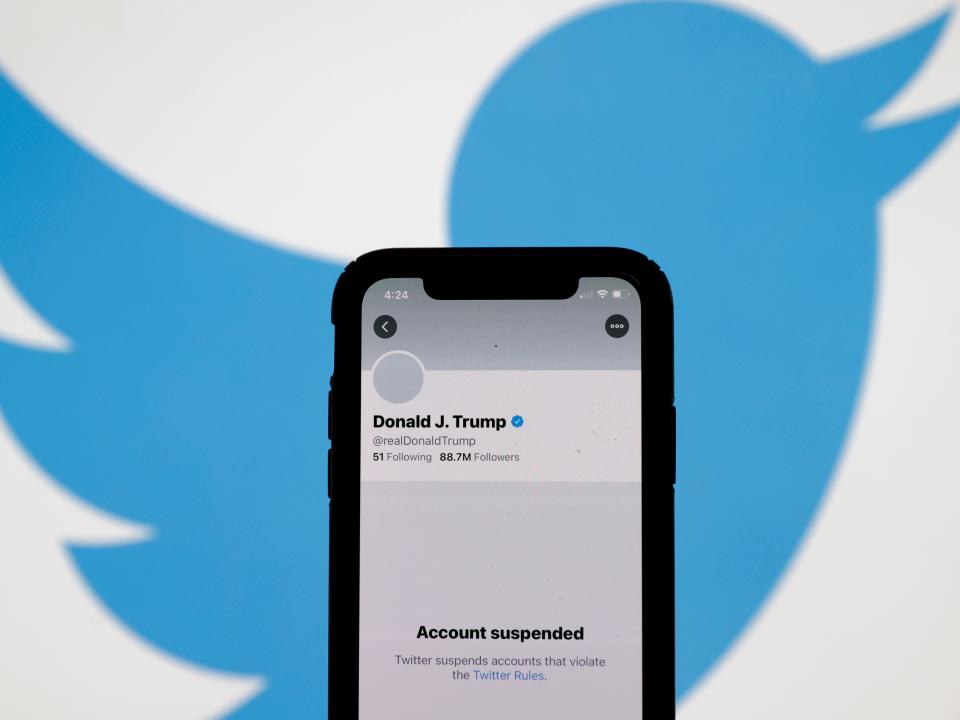Negative social media posts get twice as much engagement than positive ones, study finds

Political social media posts are more likely to be shared widely if they carry a negative message about the opposing party, a study has found.
Researchers at Cambridge University examined almost three million Facebook and Twitter posts from US media outlets and politicians, finding that users are less engaged with positive social content.
They found that political posts from accounts criticising or mocking an opposing political party or ideology received twice as many shares as posts that uplifted or celebrated their own partisan views.
For example, posts from members of the Republican party containing the words ‘liberal’ or ‘Biden’ were shared 67 per cent more than those without.
The US has a stark political divide, with Pew Research Center finding that 49 per cent of all registered voters in the country either identify as Democrats or lean to the party, while 44 per cent identify as Republicans or lean to the right.
The findings, published by Cambridge University today, 22 June, show that social media may be feeding a “dangerous political climate”, researchers said.
“Slamming the political opposition was the most powerful predictor of a post going viral out of all those we measured,” said Steve Rathje, a Gates Cambridge scholar and author of the study said.
Social media business models, which work by attempting to keep users engaged as much as possible to sell advertising space, have “ended up rewarding politicians and media companies for producing divisive content in which they dunk on perceived enemies”, Rathje said.
On average, negative posts from a user about political opponents garnered twice as many angry face emojis than heart emojis received on positive posts about their own party.
Professor Sander van der Linde, an author of the study and director of the Social Decision-Making Lab at the university, said the research suggests that following a diverse range of accounts from both ends of the political spectrum may not be enough to escape “online echo chambers”.
“If we do start to follow a diverse range of accounts we encounter waves of negativity about our own social group due to the viral nature of hostile posts.
“Exposure to divisive in-party or out-party voices is unlikely to be beneficial in the long run. Unless social media companies start penalising polarising content ... these platforms will continue to be swamped by political animosity,” he said.
In recent years, both Twitter and Facebook have faced criticism for failing to recognise their influence during elections. In a bid to counter this, in 2019 Twitter announced it would stop all political advertising, while Facebook introduced an option for users to switch off political adverts in 2020.
Read More
‘It was so painful I almost passed out’: Why have women had to tolerate painful coil fittings?
Bitcoin news – live: Price crashes below $30k, erasing all its 2021 gains

 Yahoo Finance
Yahoo Finance 